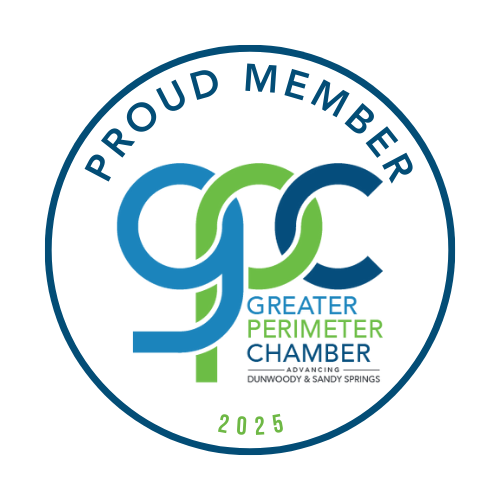Building a Fulfilling Life After Rehab: A Roadmap to Success

Life after rehab comes with excitement and challenges, symbolizing the start of a new journey. For those recovering from addiction, maintaining sobriety post-rehab is a step in taking back control of their lives. This piece delves into the challenges along the path to recovery, highlighting tips on how to stay sober after rehab, the significance […]
Finding Purpose and Meaning in Life After Addiction

Beneath the grip of addiction, there lies a person with hopes, passions, and dreams waiting to resurface. Life after addiction can be a daunting journey, filled with uncertainties and challenges. However, it’s also an immense opportunity to rebuild your life from the ground up. Whether revisiting a forgotten hobby, setting career goals, or rediscovering meaning, […]
Atlanta Recovery Place Offers Addiction Treatment near Sandy Springs

In Atlanta, Georgia, stands a beacon of hope for those battling addiction: Atlanta Recovery Place. With its focus on proven traditional addiction methods and holistic care, our Georgia addiction recovery center has emerged as a trusted partner in the fight against addiction. By providing multiple treatment options, addressing an extensive range of addictions, and supporting […]
The Impact of Sleep Health on Recovery

Sleep often gets the short end of the stick in our overworked, 24/7 society, but its importance cannot be overstated, especially in the context of addiction recovery. At Atlanta Recovery Place, we understand how crucial healthy sleep can be to your recovery journey. In this article, we explore the vital role that sleep plays during […]
Overcoming Shame and Building Self-Esteem in Recovery

Understanding the Role of Shame in the Cycle of Addiction Shame, a powerful emotion that can trap people in the cycle of addiction, often stems from experiences of failure, rejection, or feeling inherently wrong or defective. Shame can become a core belief that influences people’s interactions and choices, making it difficult for them to break […]
The Importance of Balancing Work in Addiction Recovery

Balancing work and recovery is no easy task, yet it is an essential part of addiction treatment. Maintaining a work-to-recovery balance is the cornerstone of recovery’s foundation. It provides structure, purpose, and a sense of normalcy and commonality. Although, there is a part that can’t be overlooked. In the overall journey you’re on to recover […]
Overcoming Barriers to Seeking Help for Substance Abuse

There are many barriers to seeking help for substance abuse, especially when an individual chooses to change themselves. The stigma around addiction, fear of getting help, and other personal obstacles can prevent an individual from ever seeking help, even if they know it could benefit them in the long run. Atlanta Recovery Place is a […]
Building Healthy Habits: The Significance of Routine and Structure in Behavioral Healthcare

The Significance Of Organization In Behavioral Healthcare Organization plays a vital role in our lives, offering a structure that fosters stability and achievement. This is especially true in healthcare, where routine and organization are crucial for progress. Whether overcoming addiction, managing health conditions, or pursuing growth, incorporating organization into your daily life can profoundly impact […]
Supporting a Loved One in Recovery: A Family’s Guide to Addiction Treatment

Being there for a loved one as they embark on their journey of overcoming addiction is a challenging responsibility. Addiction is an illness that affects not only the person fighting it but also those close to them. To support your loved one effectively, it’s crucial to grasp the nature of recovery and the obstacles they […]
Uncover the Potential of Mindfulness: 5 Techniques for Easing Stress and Achieving Mental Clarity

Understanding Mindfulness And Its Advantages In our fast-paced world today, it’s easy to become entangled in a never-ending cycle of stress and anxiety. But what if there was a method to discover peace and clarity amidst the chaos? This is where mindfulness practices for stress reduction come into play. Mindfulness involves immersing oneself in the […]






